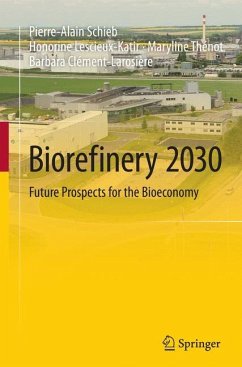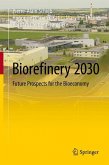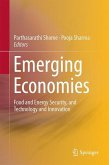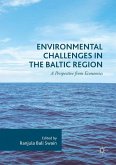This book investigates the functioning and ecosystems of biorefineries and assesses the potential of the industrial bioeconomy. The authors present a case study of the biorefinery at Bazancourt Pomacle, near Reims, France, as an outstanding illustration of the creation, work processes, financing, provision of environmental services, competitive benefits and future prospects of a bioeconomy. Analysing the case of Bazancourt Pomacle, the authors show the wide range of products produced by integrated biorefineries such as food, bioenergy, molecules for cosmetics and nutrients for agricultural use. They also analyse Bazancourt Pomacle as an open innovation platform, which encompasses several layers of R&D, including three department chairs from leading engineering and business schools in France. Illustrating a number of global success stories that started in Bazancourt Pomacle, the authors also investigate the provision of pilot- and demonstration plants as inescapable steps in the scaling-up process from the lab to industrial scale. The book provides a systematic overview of the lessons learned, as well as data on an industrial bioeconomy. Investors, decision- makers, public-policy shapers, analysts and scholars will learn about the history, actors, economics, industrial symbiosis, role of cooperatives, R&D and future prospects of a world-class biorefinery and bio-based cluster in Europe.
Bitte wählen Sie Ihr Anliegen aus.
Rechnungen
Retourenschein anfordern
Bestellstatus
Storno









